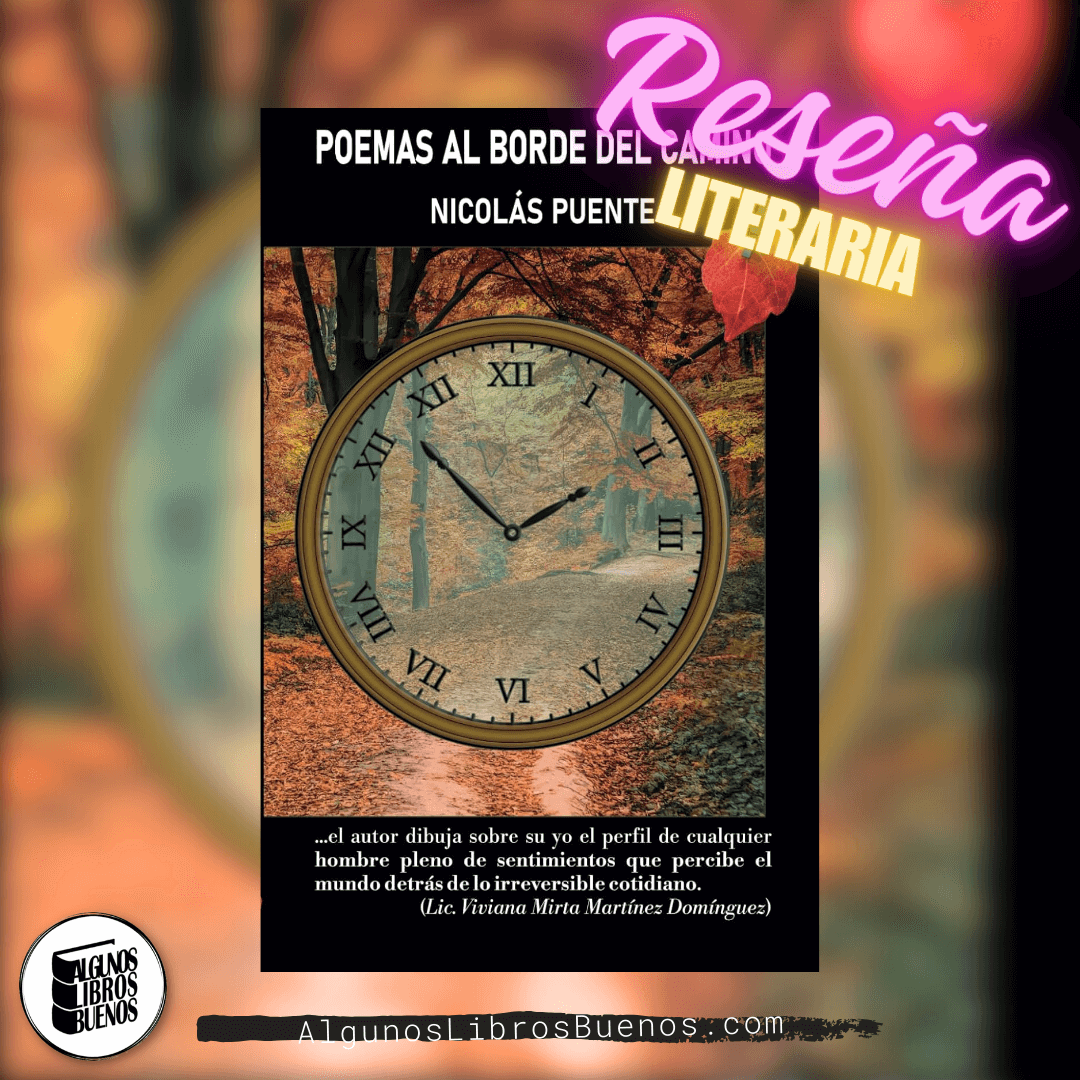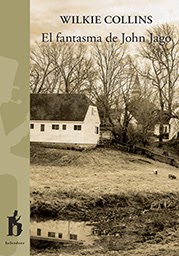
Review of the book «Poems on the edge of the road» by Nicolás Puente.
By Paqui Bernal.
The first thing that stands out when reading Nicolás Puente’s poetry is the richness of his vocabulary and his mastery of poetic language. This mastery not only makes him capable of using figures such as personification, oxymoron, etc., but also very skilled with meter and rhyme, to the point of constructing perfect sonnets, odes and other compositions without losing strength of the message. that you want to transmit.
But that simply gives away the ear of the poetry reader. Then comes everything else. And the rest are all the topics that he deals with and with which we can identify. The poet addresses quite specific concerns, such as emigration, the abandonment of the elderly or manipulation by politicians.
He goes through descriptions such as the magnificent composition where he breaks down his impressions about “The City”, any big city, with accurate touches on overcrowding, the inconsideration of its inhabitants, the lack of harmony in everything, the harshness….
And with the same know-how he pours out his deepest feelings about the transience of life and loneliness, regrets lost opportunities, or expresses the spite of an unrequited lover.
The tone of his verses is often that of a realistic pessimism, that of a conscious complaint for a thousand reasons: longing, heartbreak or lost roots. The poem is magnificent where he beautifully describes his Leonese land with the homesickness of an emigrant who would like to return, but he doubts if he will be able to do so.
And speaking of that tone of Nicolás’s verses, I would not like to fail to highlight that I found it very brave that the author took the complaint to its ultimate consequences, that he did not flee from sadness: it is difficult for me to remember a sadder poem (without sounding victimist) than the one titled “A time in another time.”
On the other hand, I must say that – despite this lament so present in his lyrics – the poet also offers us poems of encounter, such as those dedicated to the pandemic, to his son or the beautiful and effusive love poem “Against Time.” ”.
In the “Poem for my son” he gives him the typical advice of a father to immediately dismantle them with other much less practical and more universal ones that exude kindness and affection.
In the series “Everything was left in the air” he shows our painful experiences during the pandemic (isolation, medical care, solidarity), but ends up promising a happy future and justice for those responsible for the deaths that occurred:
“[…] Hands get irritated in pockets
without being able to hold on to other hands.
The song and the hugging dances are over.
The kisses, prisoners of the lips,
they vibrate shivering with desire […]”
If I could summarize everything that makes us vibrate in this collection of poems, I would say that the title of one of his poems encapsulates what seemed to me to be his most general feeling and what poetry would mean for him. The poem is titled “Words to Heal Life.” And yes, I feel that Nicolás Puente’s poetry tears and relieves at the same time. That his book “Poems on the Side of the Road” helps heal life.
Source: https://algunoslibrosbuenos.com/poemas-al-borde-del-camino


